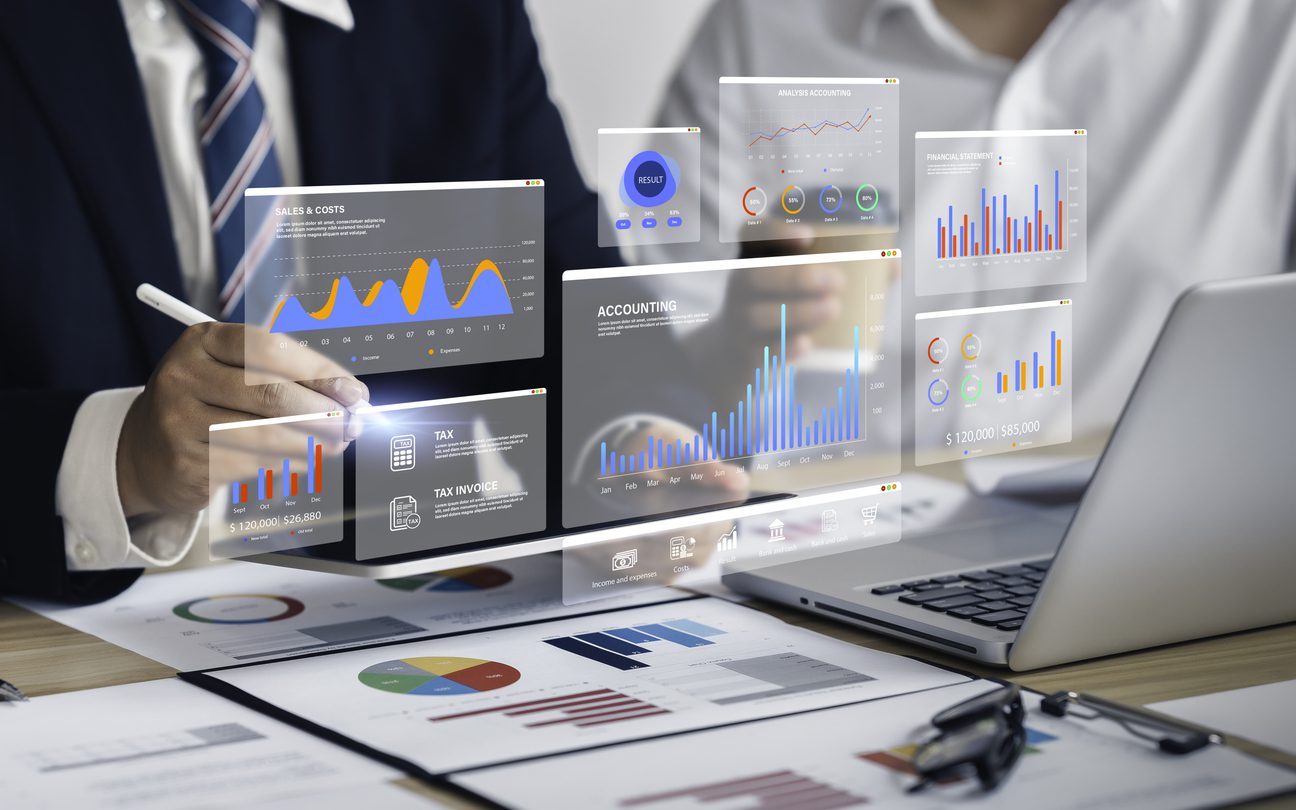Can I Use Excel for Bookkeeping, or Do I Need a Software?

TL;DR (Too Long; Didn’t Read) Yes, you can use Excel for bookkeeping, especially when you’re just starting out. It’s free, flexible, and familiar. However, as your business grows, Excel’s limitations can lead to errors, inefficiency, and compliance risks. Bookkeeping software provides automation, accuracy, and scalability that Excel lacks. If you’re serious about sustainability and tax compliance, consider switching to accounting software sooner rather than later.
Quick Answer: Can I Use Excel for Bookkeeping?
Absolutely. Excel is a powerful tool that many small business owners and freelancers use to manage their finances. It’s especially useful for:
- Recording income and expenses
- Tracking invoices and payments
- Creating financial reports manually
- Budgeting
But while bookkeeping using Excel works well at the beginning, it may not be sustainable long-term.
The Pain Point: DIY Bookkeeping Without Knowing If It’s Accurate
If you’re DIY-ing your finances and wondering if you’re doing it “right,” you’re not alone. Many entrepreneurs start out tracking numbers manually, but struggle with:
- Making tax filing accurate and stress-free
- Avoiding penalties for errors or missed deadlines
- Knowing if they’re truly profitable
- Scaling bookkeeping as the business grows
This is where the Excel vs bookkeeping software debate becomes relevant.
Pros and Cons of Using Excel for Bookkeeping
Advantages of Excel for Bookkeeping
- Free to use (if you already have Microsoft Office)
- Fully customizable for any business model
- Great for those who love spreadsheets
- Accessible offline
Limitations of Excel for Accounting
- No automation — everything must be done manually
- High risk of human error
- Time-consuming as your data grows
- No real-time insights or bank syncing
- Not ideal for multi-user access
Excel vs Bookkeeping Software: What’s the Difference?
| Feature | Excel | Bookkeeping Software |
| Cost | Free (if you have Excel) | Varies (some start free or low-cost) |
| Automation | None | High – automates entries, reports |
| Tax compliance | Manual | Built-in tax calculations, reports |
| Error reduction | Low | High |
| Multi-user access | Difficult | Easy with cloud-based access |
| Scalability | Limited | Built for business growth |
Do I Really Need Bookkeeping Software for My Business?
If you want to:
- Spend less time on manual data entry
- Get real-time views of your finances
- Avoid stress during tax season
- Make better business decisions
… then yes, bookkeeping software is worth the investment.
Some of the best bookkeeping software for small businesses includes:
- QuickBooks Online
- Xero
- Wave (free)
- Zoho Books
- FreshBooks
These platforms often provide cloud-based bookkeeping software access, which means you can check your finances anytime, anywhere.
How to Use Excel for Bookkeeping (If You’re Not Ready for Software Yet)
If you decide to stick with Excel for now, here’s how to do it efficiently:
- Use pre-made Excel templates for bookkeeping
- Income and expense tracker
- Invoice and payment tracker
- Cash flow statement
- Create tabs for different months or categories
- Set formulas to automate totals
- Regularly back up your files
- Use a consistent naming and filing system
You can also look for free bookkeeping tools for small businesses that complement Excel or improve data input.
When Should You Switch to Accounting Software?
Switch when:
- Your transactions become too numerous for manual tracking
- You’re spending hours each week updating your books
- You need better reporting for decision-making
- You plan to hire staff or expand
- You’re approaching tax season and feel uncertain
If you’re already Googling “is Excel good for bookkeeping” or “can I do bookkeeping without software,” it’s probably time to explore your options.
FAQs
Can I use Excel for bookkeeping?
Yes. It’s a common starting point for freelancers and small businesses.
Is Excel good enough for small business accounting?
It works, but lacks features like automation, tax reporting, and scalability.
What are the pros and cons of using Excel for bookkeeping?
Pros: Free, customizable. Cons: Manual, error-prone, not scalable.
Do I need bookkeeping software for my business?
Eventually, yes — especially for tax accuracy, financial clarity, and growth.
What’s the difference between Excel and bookkeeping software?
Software automates tasks, reduces errors, and is better for compliance.
Is Excel better than QuickBooks for bookkeeping?
Not usually. QuickBooks offers features specifically built for accounting.
What are the risks of using Excel for financial records?
Errors, file loss, formula mistakes, and limited audit trails.
When should I switch from Excel to accounting software?
When Excel becomes time-consuming or risky for accuracy.
Are there free bookkeeping tools better than Excel?
Yes. Tools like Wave offer better features without cost.
Can freelancers or self-employed people use Excel for bookkeeping?
Yes, especially early on. But consider switching for ease and compliance.
Final Thoughts: What’s Best for Your Business?
If you’re just starting out, Excel might be all you need. It’s free and familiar, and it can work as a small business bookkeeping tool for tracking income and expenses.
But as your business grows — or as tax season approaches — the benefits of bookkeeping software become too important to ignore. Features like automation, built-in tax reporting, and cloud access can save you hours, stress, and potentially money.
So, can you do bookkeeping without software? Yes. But should you? Only until it starts getting in the way of running your business efficiently.
Ready to make bookkeeping easier? Explore your software options now and future-proof your finances.